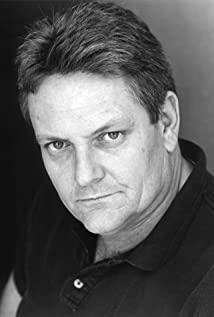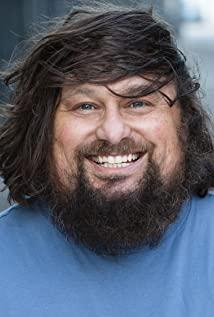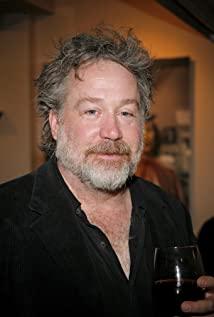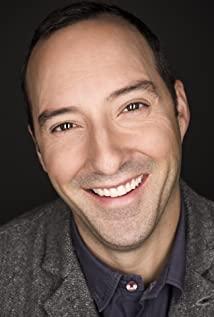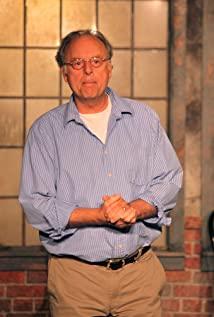But, the writer said, it was perfect for you to die like this.
So in the world of literature, beauty is more important than life.
From the perspective of the development history of drama, tragedy has always been a search for the basic living conditions of human beings. From ancient Greek tragedies of fate, such as Oedipus was born to kill his father and marry his mother; to Shakespeare's character tragedies, such as Hamlet's tangled hesitation; to Ibsen's social tragedies, such as Nora is just a little gold Canary; finally to the tragedy of existentialism, especially the absurd, the "self" in one's own world constantly becomes the "other and me" in the world of others, so "others are hell". In many great works, human existence is always a tragedy, which seems predetermined, and the only question that needs to be answered is the "why".
In this way, the fate of the tragic protagonist, as a virtual human being, is really in line with the ancient Greek theory. Once you are created, you are going to die. But it doesn't matter, you will die beautifully, uniquely, and shockingly, and there will be no one before and no one to come, and it will bring infinite inspiration to countless people who are still alive. So it really doesn't matter, don't worry, just die!
This is the cruelty of literature.
Writing is dangerous. I'm certainly not a writer, but watching the film couldn't help but wonder what the few short stories I've written would say to me if their protagonists suddenly appeared in front of me. Did I really intervene in their lives, or maybe those stories that wrote and wrote that they felt "Ah, it turned out to be like this in the end!", are they in the story, living their own lives. But the sentence "Ah, so it turned out like this in the end!" is like a sentence that I would say to myself when I look back after a difficult time.
So the danger of writing is based on the cruelty of literature, and it goes beyond the scope of literature. After all, it's easy to write someone else's novel, but you don't even have a chance to write a draft when you write your own life, let alone come back and correct the typo after writing it. And writers who believe that beauty is more important than life in literature are always more likely to write themselves as tragic. The most typical example is Qu Yuan.
Qu Yuan's death has always been controversial over whether it should be considered a poet's death or a statesman's death. In fact, the tragedy of Qu Yuan is that as a statesman, he lived too poetically, or too literary, and even his life turned into a perfect tragedy. In fact, the basic reasons for Qu Yuan's death were always political. It's just from a literary point of view, as a politician, you must not push your own point of view. The whole world is cloudy and I am alone to this extent. The most perfect ending for the protagonist can only be thrown into the river and die, and the story can end at the climax. No need to wait for that. Procrastination and mediocre "later".
Literature can have no "later". In comedies, the prince and princess live happily ever after "from now on"; so I always feel that "from now on" is the most sloppy word, but also the best ending for "before". It is much simpler to appear in tragedy, after all, death is our only way out forever. The beauty of the story can only be determined by the end, and the persuasiveness is terrifying. Just like the protagonist in the movie, after reading the writer's manuscript in one breath, he thinks: Well, I really must die, this must be perfect.
This is the danger of writing.
Fortunately, the writer still realizes that the story can really be different when the protagonist is real. And as his "God", she finally chose life and gave up beauty. I don't like her rationalizations at the end, however I like the ending. In my opinion, this seemingly conventional plot is actually a kind of compassion that human beings show in the face of the greatness of literary beauty and their own insignificance, and in the face of the tragic fate with no way out. This kind of compassion may not be beautiful, but it is real, and it can even save people from misery.
As Camus said in Caligula, people have to die, so they are not happy. Thinking about it carefully, in fact, the beauty of tragedy is not destined from the beginning of the protagonist's method of death, but is destined to the eternal fixed way out of death. So Nora didn't have time to die for us to see before the curtain ended, and the three people in "Shut Up" died before they even appeared. But who knows, if I remember correctly, Ionesco has another sentence: comedy is actually more desperate than tragedy, because comedy does not provide a way out.
ps How much I want to write a story that is great enough to match the last sentence I have always wanted to use: "He died from now on."
Tragic comedy is finally a perfect combination of absurdity.
View more about Stranger Than Fiction reviews







